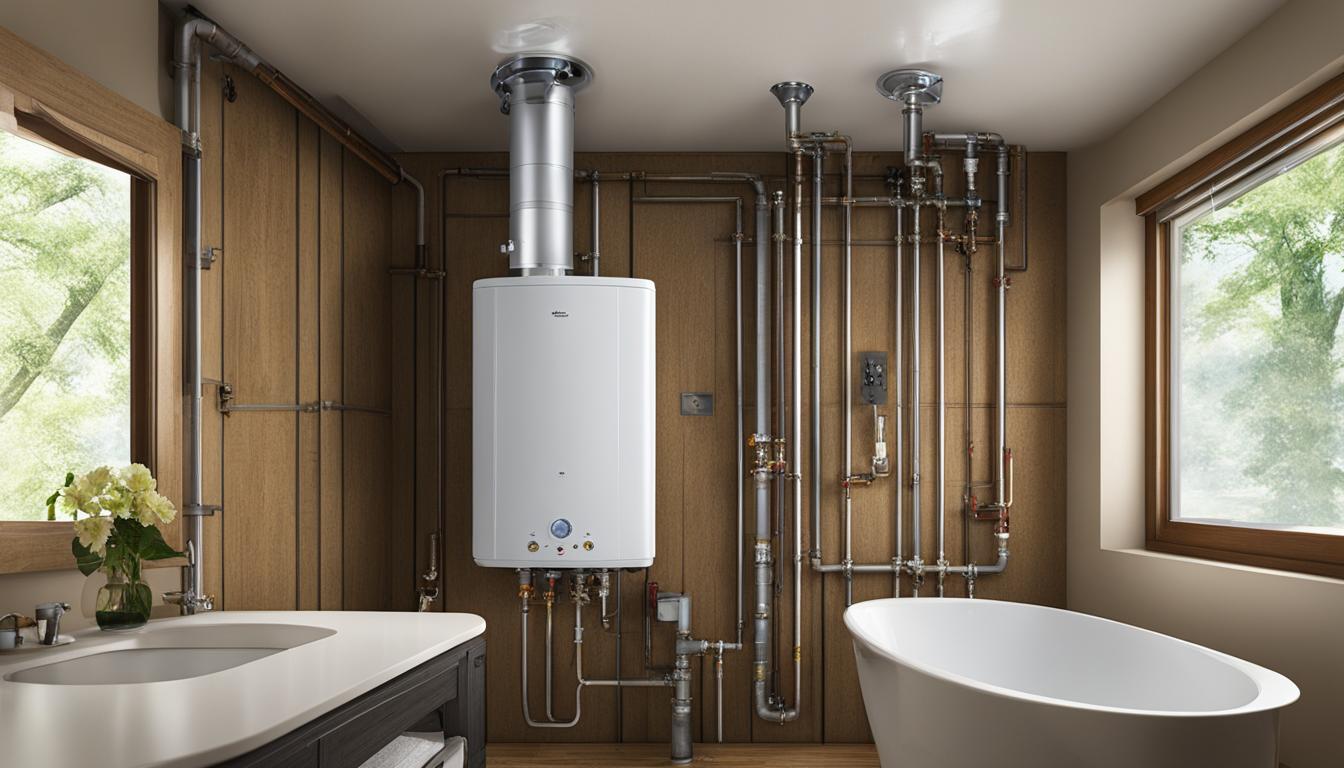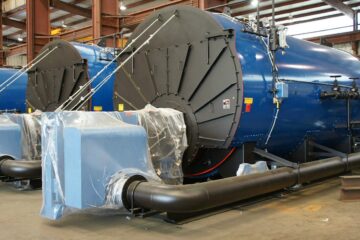Tankless water heaters, also known as on-demand water heaters, provide only hot water as needed. Unlike traditional water heaters, they do not store hot water, which can lead to energy savings and a continuous hot water supply. Here’s a detailed look at how they work, their benefits, and key considerations for installation.
You can click here to learn more at https://www.plumbersingapore.org/instant-water-heaters-installation-and-replacement/.
Understanding How Tankless Water Heaters Work
A tankless water heater is designed to heat water directly without a storage tank. When a hot water tap is turned on, cold water travels through a pipe into the unit. Depending on the type of heater, a gas burner or an electric element heats the water. As a result, tankless water heaters deliver a constant hot water supply. There’s no need to wait for a storage tank to fill with enough hot water. However, a tankless water heater’s output limits the flow rate.
Activation and Operation:
- Flow Sensors: When you turn on a hot water tap, the water flow activates sensors in the heater.
- Heating Mechanism: The water is instantly heated through the heat exchanger. Gas models burn fuel highly efficiently, while electric models use electrical elements to heat the water.
- Temperature Control: Modern tankless units have digital controls to adjust and maintain water temperature.
Advantages of Tankless Water Heaters
Endless Hot Water
Tankless water heaters provide hot water on demand. This means you can use hot water for prolonged periods without running out, particularly useful in large households.
Longevity and Reduced Maintenance
These units typically last longer than traditional tank heaters, often up to 20 years with proper maintenance. They are built with durable materials like stainless steel and copper, reducing the risk of corrosion.
Energy and Cost Efficiency
Since tankless heaters only operate when hot water is needed, they are generally more energy-efficient. For homes that use 41 gallons or less of hot water daily, tankless water heaters can be 24% to 34% more energy efficient than conventional water heaters.
Space Savings
Unlike bulky traditional water heaters, their compact size allows installation in smaller or tighter spaces. This makes them ideal for apartments or homes with limited space.
Installation Insights
Choosing the Right Heater
- Size and Capacity: Determine the right size based on the number of simultaneous water uses in your home. Consider the flow rate (gallons per minute) and the temperature rise needed.
- Fuel Type: Choose between electric, natural gas, or propane models based on availability and utility costs in your area. Gas models generally offer higher flow rates.
Installation Considerations
- Professional Installation: It is highly recommended to have a professional like https://www.plumbersingapore.org/ install your tankless water heater to ensure it meets all safety standards and building codes.
- Location: Depending on space and ventilation requirements, decide whether the unit will be installed indoors or outdoors.
- Regulations and Permits: Check local codes and permits before installation to ensure compliance, especially for gas-powered models.
Maintenance Tips
To maximize the efficiency and lifespan of your tankless water heater:
- Regular Cleaning: Descale and remove mineral build-up annually, especially in areas with hard water.
- Check Components: Regularly inspect and replace elements as necessary.
- Filter Cleaning: Clean the inlet water filter regularly to maintain water flow and prevent blockages.
Conclusion
Tankless water heaters are a practical and efficient solution for hot water in modern homes. While they require a higher initial investment and professional installation, the benefits of energy savings, space efficiency, and a constant supply of hot water often outweigh these costs. A tankless water heater can be a valuable addition to your home by understanding your specific needs and ensuring proper maintenance.
Stay in touch to get more updates & news on Gossips!




